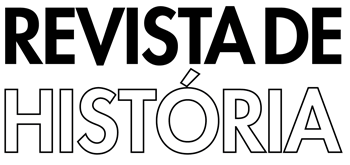Abstract
In 1940, in the context of the so-called “good neighbor policy,” regent Leopold Stokowski (1882-1977) visited some South American countries on a tour with the All-American Youth Orchestra. Through the analysis of press sources and the Villa-Lobos Museum documentary collection, this article aims to illuminate aspects related to the recording of the album Native Brazilian Music, which brought together, under Stokowski’s initiative, some exponents of popular music from Rio de Janeiro - such as Donga, Pixinguinha, and João da Baiana. The paper discusses the role played by musicians in the diplomatic sphere and argues that one of the effects of the “good neighbor policy” was to create a specular game in which, despite the continent’s alleged cultural unity, the approach fostered discussions about national identity, difference and resistance.
Keywords
Heitor Villa-Lobos; Leopold Stokowski; good neighborhood policy; samba; cultural identity

 Fonte: A Noite, 7 de agosto de 1940.
Fonte: A Noite, 7 de agosto de 1940.